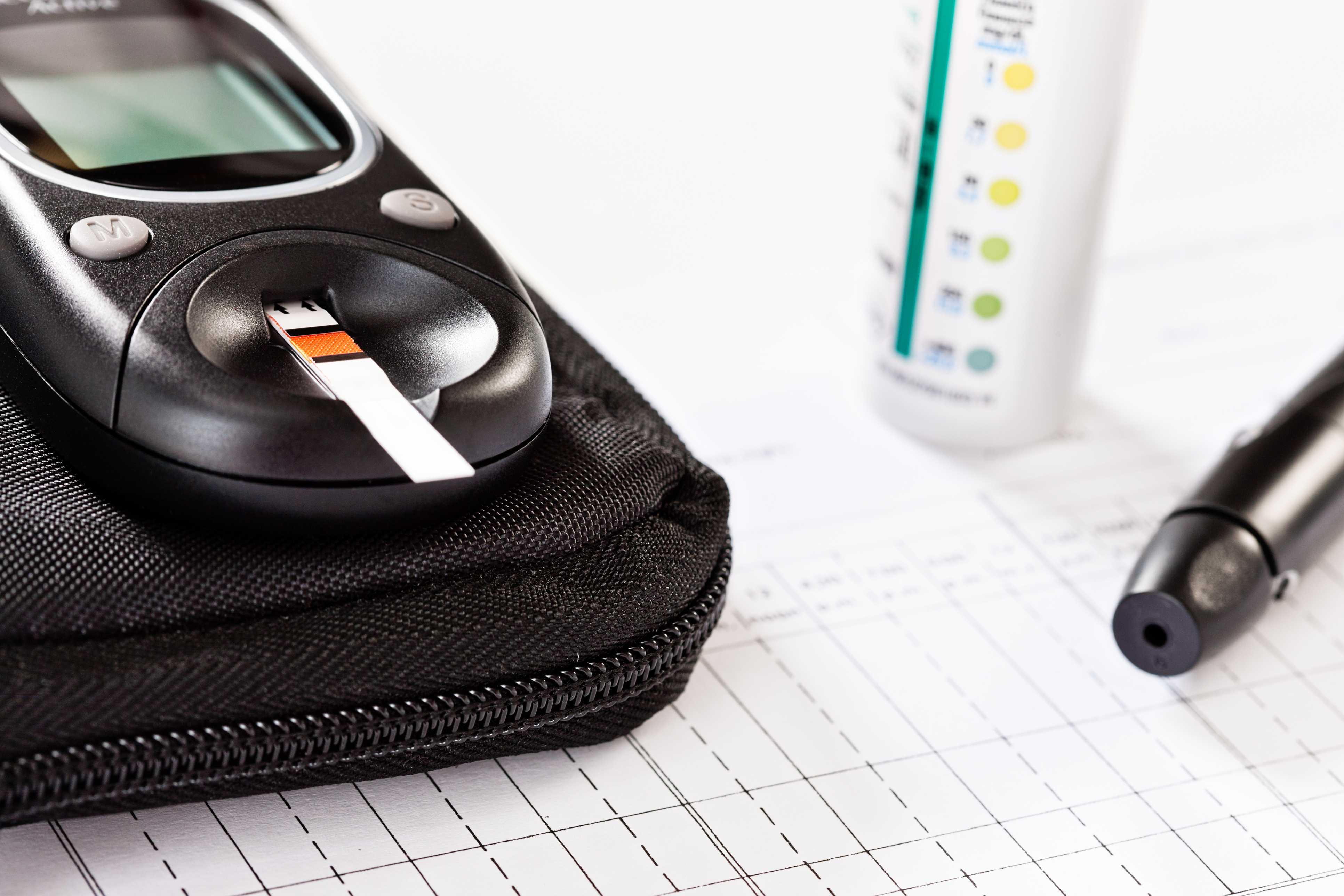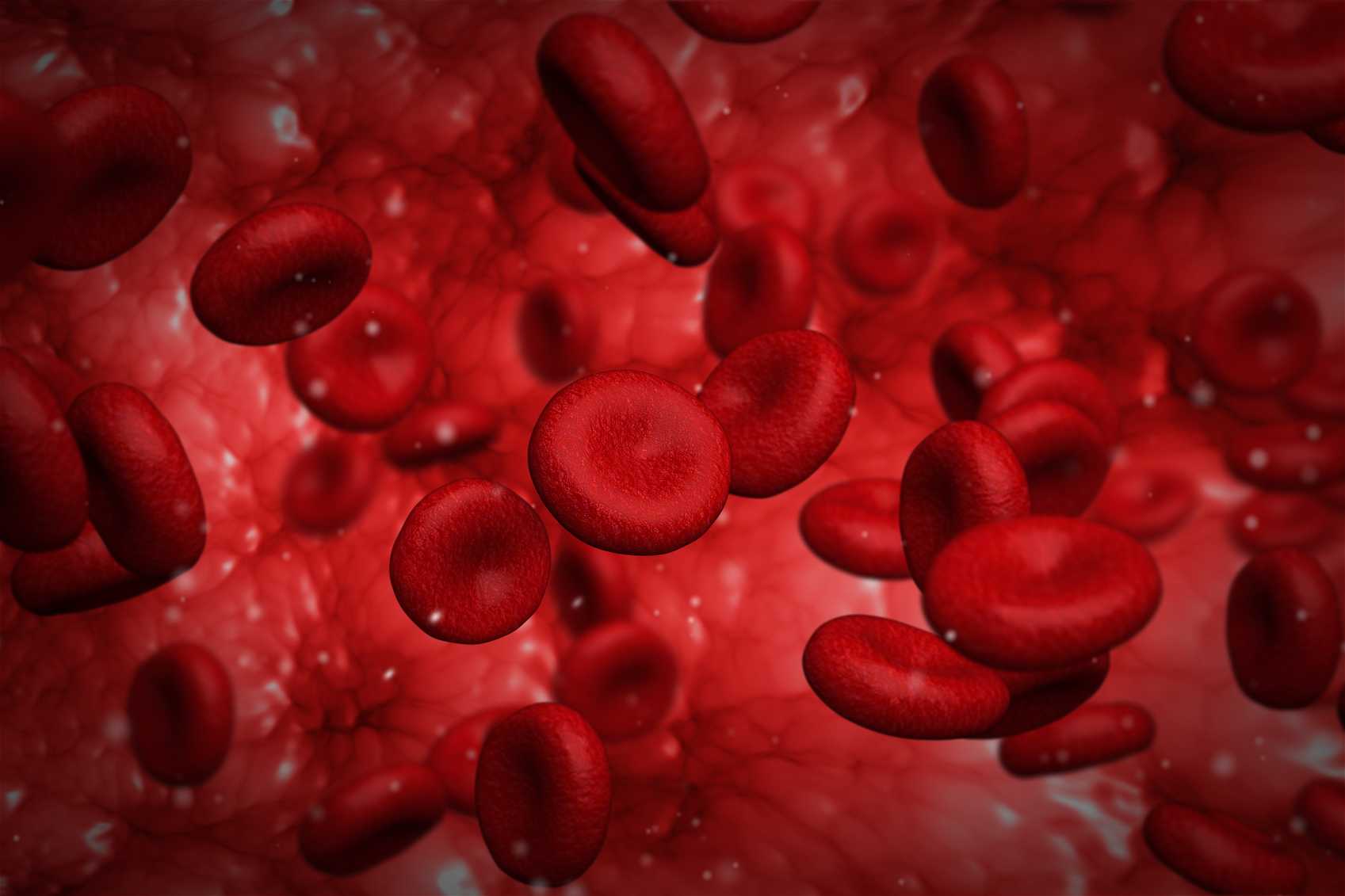There are a number of different types of diabetes, some of which are more prevalent than others. The most common form of diabetes in the general population is type 2 diabetes, which often develops from pre-diabetes
Type 1 diabetes is more common in children and gestational diabetes is a form of diabetes that can occur during pregnancy.
Learn more about the different types of diabetes:
Diabetes Types
Which type of diabetes do I have?
In some cases, it may not be clear which type of diabetes you have. If your doctor cannot be sure which type of diabetes you have, they may run one or more tests to help determine your diabetes type
Learn about the differences between type 1 and type 2 diabetes
Conditions which can lead to diabetes
Some conditions, including genetic syndromes and surgery, can lead to high blood glucose levels and therefore diabetes.
Such types of diabetes account for around 1 to 2% of all diagnosed cases of diabetes.
Examples of such conditions include:
- Glucagonoma – a condition in which the body produces too much of the hormone glucagon
- Chronic pancreatitis – a condition which causes inflammation of the pancreas
- Cystic fibrosis – a genetic condition that causes mucus to build up in the lungs and digestive system
- Pancreatectomy – surgical removal of the pancreas
Conditions linked with type 2 diabetes
There are a number of conditions that are not necessarily a direct cause but are closely linked with type 2 diabetes.
Conditions closely linked with type 2 diabetes include:
- Alzheimer’s disease – as noted above, this has been referred to as type 3 diabetes by some researchers
- Polycystic ovary syndrome (PCOS) – a condition which can impact on fertility in women
- Cushing’s Syndrome – a condition characterised by excess production of the hormone cortisol
- Pancreatic cancer – has been linked with type 2 diabetes with some debate as to which condition may influence the other
Conditions linked with type 1 diabetes
Type 1 diabetes is an autoimmune disease, meaning that the body’s immune system mistakes its own cells for invading pathogens that need to be destroyed.
People with type 1 diabetes tend to have a higher risk of having other autoimmune diseases than the rest of the population.
Other autoimmune diseases include:
- Coeliac disease
- Rheumatoid arthritis
- Addisons disease
- Autoimmune thyroid disease











